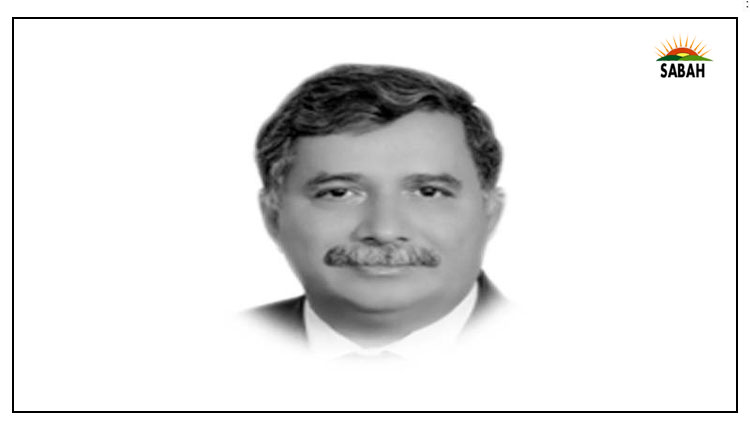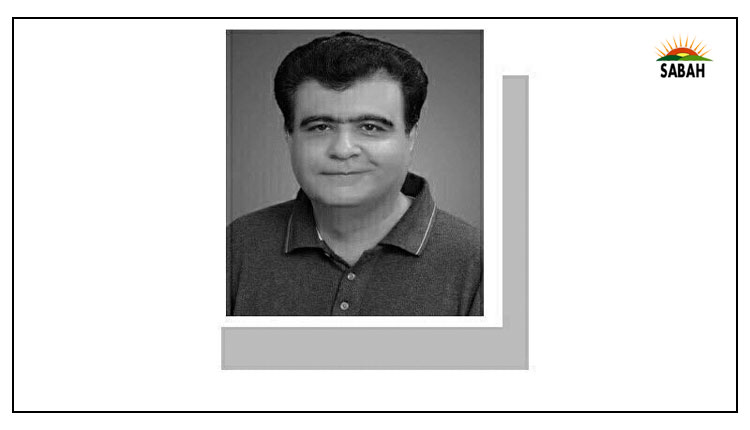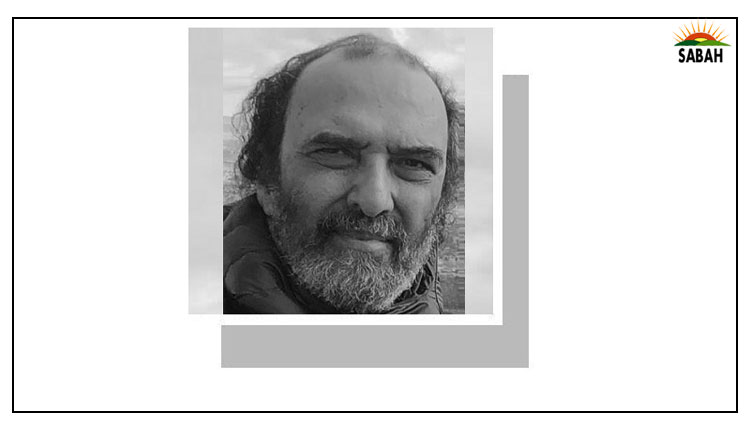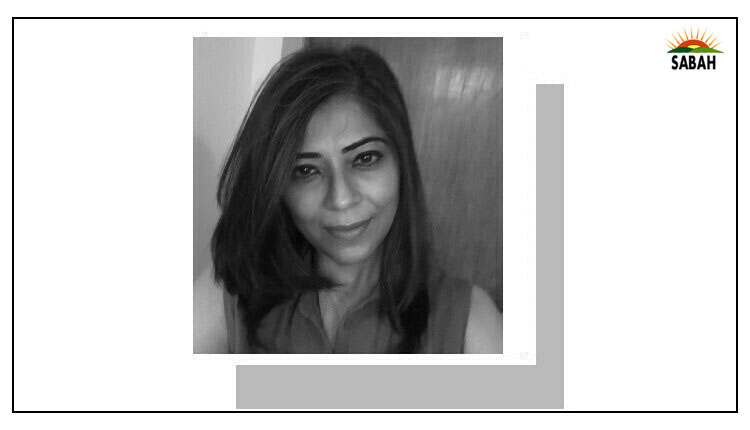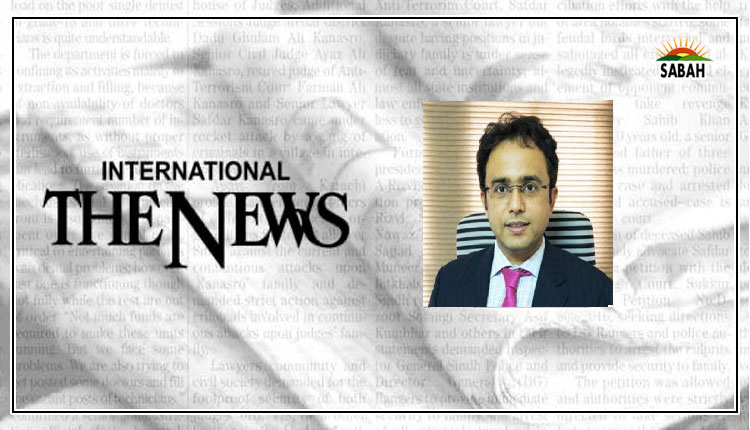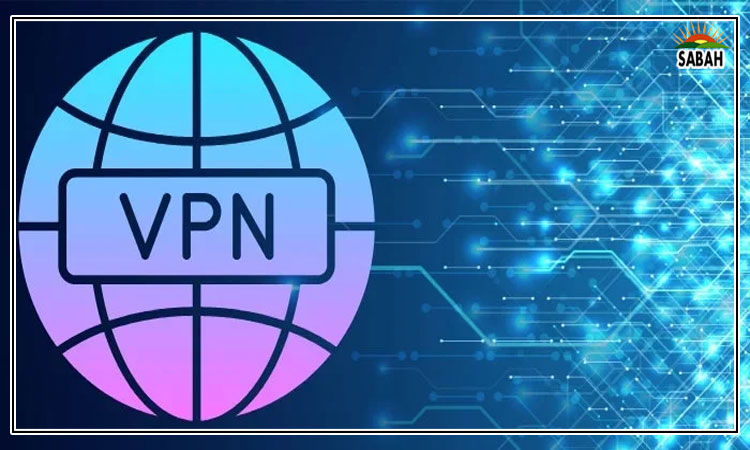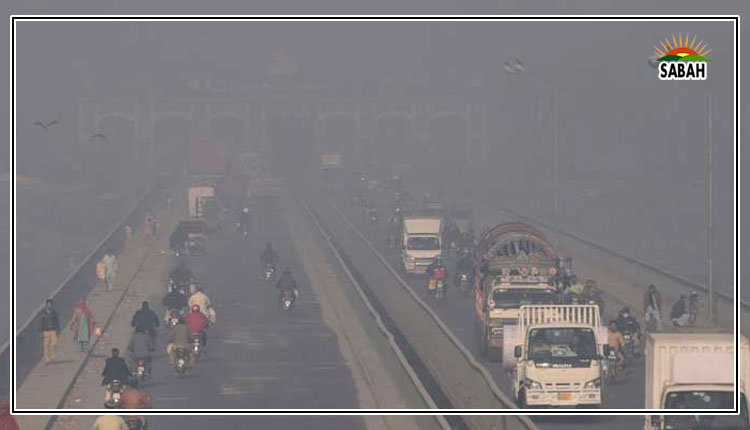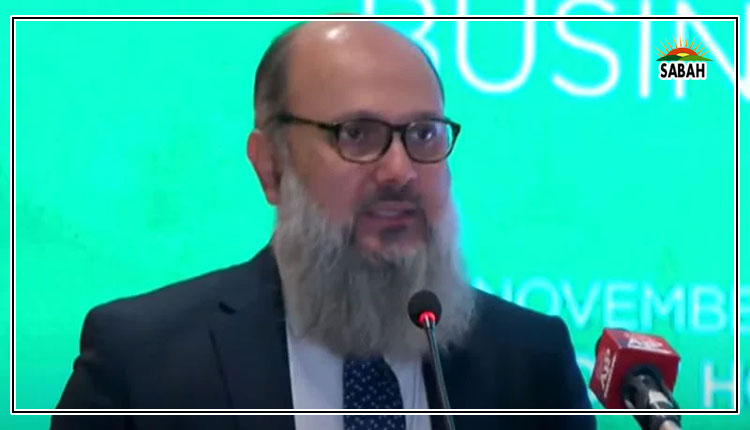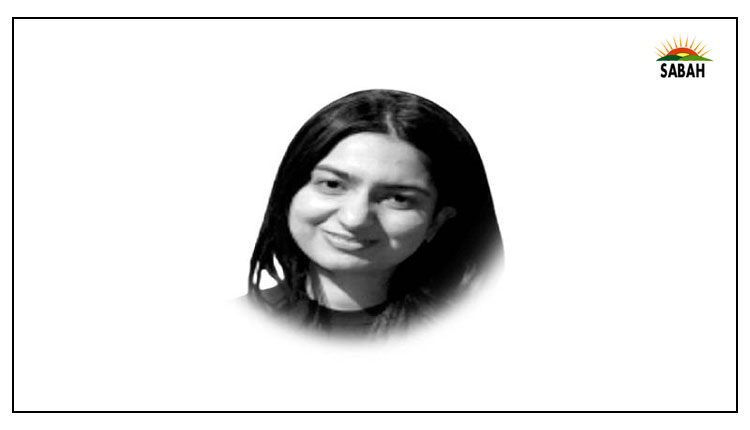The subcontinent in metamorphosis….Heeba Hassan
Today is a liminal space, a certain dance of eternity with presence, a back and forth push of a pendulum one moment I am in British India walking through Karachi Library or the Mohatta Palace, the next I am in Indian Britain, walking along Edgware Road, hearing my friends tell me they live in a part of London only inhabited by desis. Today we stand like strangers to the present moment, foreigners looking at an item and wondering what it does, where it came from, where it plans to go and as I see the shackles of the past and notions of the future enrapturing the world, I cant help but wonder what this transition of power is taking us towards.
As Covid-19 establishes the helplessness of even the greatest powers in the face of a mere disease and as the West and the East seem once again on the brink of war, we all sense the inevitable shuffle of cards everyone smells this doomsday but there are only whispers: balance of power, third world war, rising Asia. We converse around the elephant in the room, give it many names in many tongues and languages, define it in a flexible palette of shapes, sizes and colours, but nobody dares to imagine. We all know but do we feel? Can we comprehend?
Let us try; close your eyes. Close your eyes and let me transport you back to an Indian marketplace in 1700. Swift and passionate, Punjabi bounces off the walls in Inner Lahore where sounds echo in large tall chambers with their carved doors and kaleidoscopic windows. In 1700, India was the richest country of the world. Soon we were captives to the unspiced broths and anglicised accents of the West but we had been swimming in an ocean of beautiful, simultaneously breathing, growing identities creating a force of culture that was the Indian subcontinent.
My Urdu poetry teacher, Miss Saada, tells me about my language, Urdu, and how it was the child of the Indian flexibility, born of Turkish, Persian, Arabic and Hindi, an evolved form of Nizamuddin Auliyas Brijh Bhasha. It contains elements of all these worlds within it, acting in itself as a bridge not strict and prescriptive, but gentle, fathoming, pliable and compassionate. Back then, society was just like this.
There is a flurry of sound all around you, some music, some chanting, some haggle, some play, some sit in the silence and breathe it in with their chai and chaat at a roadside cafe. They offer it to you, you take it in. This is pride and not shame. There is no desire to anglicise. All the text is in the artistic flowy Arabic script or the painted, pointed Hindi. Everyone is dressed in flowy cotton kurtas to stand inside the sunny scene, to roam the streets and all you hear is the dark thick eastern accent. Only authenticity, richness and pride.
But that was 1700. My mind is brought back to the present predicament. (Explicitly) Paki, terrorist, (more implicitly) uncultured, uncivilised, uneducated, in need of Western aid and prescriptions: simply not enough. Today when I speak in class, my accent is heavy in the air. I feel it diffuse from my lips like a bomb every time I answer my White professor. I can sense the pity when someone asks me how I learned English, I see the surprise when I tell them I grew up in Pakistan and no that isnt strange given that I can speak to and understand them. Why thank you, Mr White Man, for your tremendous concern but the Indian Subcontinent is not just poverty and terrorism and sunburned bodies rotting under the weight of the world and its terrors. We are not only in relation to you, we exist outside our postcolonial histories, we were born centuries before you sailed across the seas to violate us.
Let us lift our gaze now. What do you hear in the streets? Silence. Cultural scarcity in place of richness, silence in place of song, fragile conversation, inhibited play. Watered down, diffused, diluted! The markets here are afraid to embrace themselves, my people stumble on their own tongues, trying to speak correctly. There is no more of that self-assured rumble in the marketplace but one is almost too afraid, too eager to be right. This land reeks of frustration, of inert bodies brimming with briddled passions. As we are unhappy with our own selves, constantly a tussle between our truth and our aspirations, we accept how the world treats us. We label ourselves jahil (uncivilised) and we give up. We submit to the power structures, the UN, the P5, the role of the underdog and forget our own strength. It is bred, perhaps, from those long years bearing white bodies on our brown backs across the Indus.
The current situation of globalisation seems to be bringing a shift, however, catalysed by the coronavirus. It helps to uncover our divide, to show us how small the distance between the West and the East really is and how strong the armaments of the West truly are they are not infallible, as helpless as any in the face of adversity, as insecure and afraid of being overpowered, as human, as evil, as good. Indeed, as jahil. This is a time of great questioning. Let us imagine once again:
You awaken in your house by the sea in Karachi and as you walk outside, the streets are alive again. No fear of terrorists, thieves, or of being yourself. You enter the local supermarket so that you can get the weeks groceries. Things have become a lot easier ever since the great political and economic shift and the Pakistani rupee is more valuable than it has ever been. Not without hardship of course, the most terrible conflict since the cold war rocked the planet before its citizens could settle into their new paradigms but, ever since then, it seems the balance is favouring the East. This can be seen in societys subtle shows of course the reintroduction of regional language, the embracing of local education, the rise in nationalism and nationhood, but also through those not-so-subtle realities as the new international bodies of justice improve situations across the globe, literacy rates skyrocket and wealth floods through the region.
When you walk up to the cashier, you speak like yourself in your language, make sure you taste every syllable, and pronounce it like a vow. As you leave, you pick up the newspaper and skim through todays prospects they always help you start the day with a smile.
All this day-dreaming may sound fanciful but shifts have always been dramatic in the past which is really just part of a repetitive motion and change is, both, predictable and rapid. Not too long ago, we had empires, kingdoms, ships and letters. Wars were fought with arrows and swords. In todays age, all we need to oppress or impress our neighbours is a strategic plan, diplomatic power and the best technology. Every countrys battlefields, manners, situations and understandings of each other have changed. The shared colonial ages and the two world wars have taught a lot to a wide variety of countries and have served the rest with immense power. Although the imagined future could seem strange, it is not entirely foreign to us, we have seen these images before, they are still fresh in the minds eye and history always promises to repeat itself as Marx noted first as a tragedy, then as a farce.
Courtesy The Express Tribune


